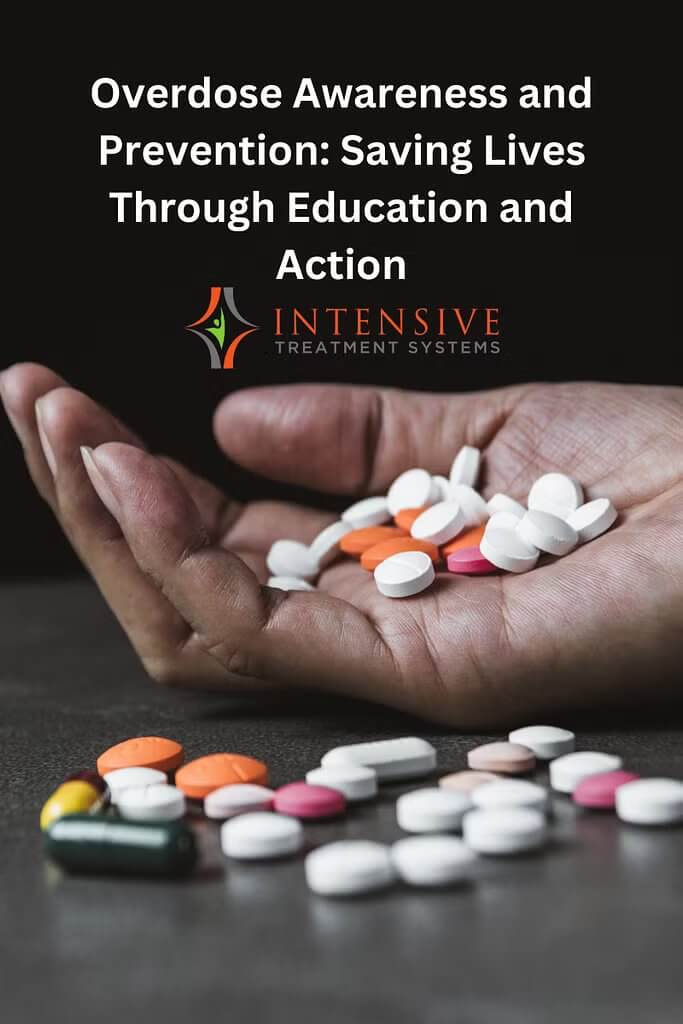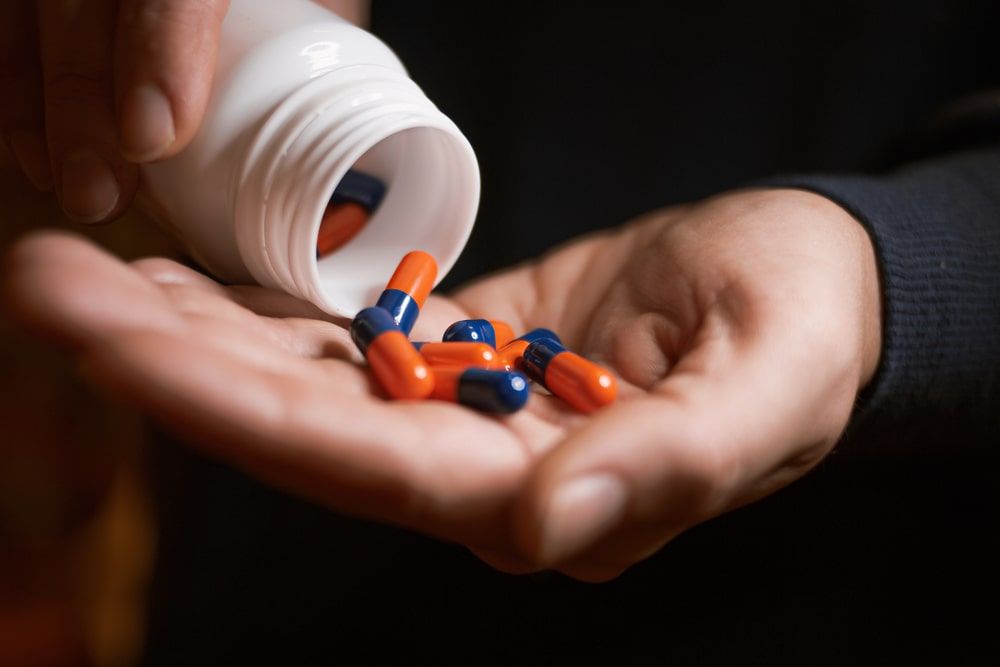In recent years, the devastating impact of drug overdoses has become a pressing public health concern. Communities worldwide are grappling with the devastating consequences of addiction and the tragic loss of lives. It is crucial now more than ever to raise awareness about overdose prevention and equip individuals with the knowledge and resources needed to save lives. In this blog post, we will delve into the importance of overdose awareness and prevention, highlighting the significance of education, early intervention, and community support.

The Scope of the Problem – Understanding Overdose Statistics
- According to the Centers for Disease Control and Prevention (CDC), drug overdose deaths have been on the rise in recent years, reaching alarming levels.
- Opioids, including prescription painkillers and heroin, contribute significantly to the overdose crisis, with thousands losing their lives each year.
- Overdoses not only affect individuals struggling with addiction but can also impact friends, family members, and entire communities.
The Devastating Consequences
- Drug overdoses not only result in loss of life but also lead to long-lasting physical and emotional trauma for survivors and their loved ones.
- Overdoses strain healthcare systems, emergency responders, and social services, ultimately impacting the overall well-being of society.
- The economic burden of overdoses is substantial, with costs associated with medical treatment, rehabilitation, and productivity loss.
The Importance of Overdose Awareness
Education Saves Lives
- Increasing overdose awareness can help dispel myths and misinformation surrounding drug use, making way for informed decisions and prevention strategies.
- Educating individuals about the signs and symptoms of an overdose empowers them to recognize and respond promptly, potentially saving lives.
- Awareness campaigns and community programs play a vital role in reducing stigma and encouraging open conversations about addiction and overdose.
Naloxone: A Life-Saving Tool
- Naloxone is an opioid overdose reversal medication that can be administered by laypeople in emergency situations.
- Raising awareness about naloxone and ensuring its availability to those at risk can help prevent fatal overdoses.
- Training programs and distribution initiatives aim to equip individuals, including family members, friends, and first responders, with the knowledge and resources needed to administer naloxone effectively.
Strategies for Overdose Prevention
Early Intervention and Treatment
- Early identification and intervention are crucial in preventing the progression of addiction and reducing the risk of overdose.
- Accessible and affordable addiction treatment options, including medication-assisted treatment, counseling, and support groups, can help individuals on their path to recovery.
- Collaborative efforts between healthcare professionals, community organizations, and policymakers are essential in expanding access to comprehensive addiction care.
Supportive Communities
- Building supportive communities that prioritize harm reduction and compassion can significantly impact overdose prevention.
- Encouraging non-judgmental and empathetic approaches to addiction fosters trust, encourages individuals to seek help, and reduces the likelihood of relapse.
- Supporting initiatives such as needle exchange programs, safe injection sites, and peer support networks contribute to a safer environment for individuals struggling with addiction.
Conclusion
Overdose awareness and prevention are critical components of combating the ongoing opioid crisis and addressing the wider issue of substance abuse. By prioritizing education, early intervention, and community support, we can make a significant impact in saving lives and improving the well-being of individuals and communities. Let us stand together, advocate for change, and work towards a future where overdose tragedies are prevented, and hope and recovery flourish.
Remember, if you or someone you know is struggling with addiction, reach out to us at 855-245-6350 to find the support you need. We can provide transportation to and from your appointments as well.
Sources: CDC, National Institute on Drug Abuse, Substance Abuse and Mental Health Services Administration

